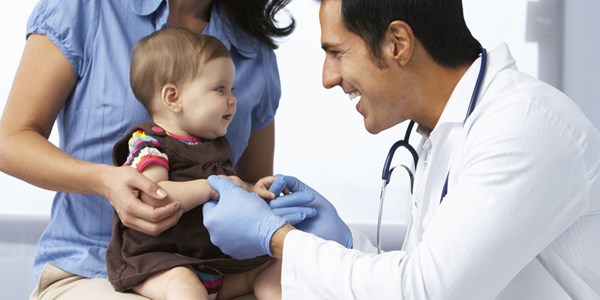Healthy Living
Many parents making errors with kids' liquid medicines─── 12:30 Wed, 14 Sep 2016

Parents should use oral syringes rather than cups or spoons when giving their children medicine as to avoid dispensing too much liquid.
Many parents are giving their children too much or too little liquid medicine, researchers report.
Scientists at the NYU School of Medicine in New York City have found that parents are making errors when giving their kids liquid medicine, especially if they use a dosing cup or spoon.
In their laboratory experiments, the researchers found that four out of five parents made at least one dosing error when they used a measuring cup to give liquid medicine to their sick child.
They suggest the use of a syringe instead of a cup or other vessels is a simple means of rectifying dosing errors.
“When parents used dosing cups, they had four times the odds of making a dosing error, compared to when they used an oral syringe,” said study co-author Dr. Shonna Yin in a statement.
“Over 20 per cent of parents made at least one dosing error that was more than two times the dose that was listed on the label.”
In the experiments conducted at paediatric outpatient clinics across four cities, a total of 2,110 caregivers of children eight years old, the majority of who were mothers, were included.
Each parent was given labels and dosing tools to measure nine doses of medication with different liquid measurement increments.
The results showed that parents were more than four times more likely to make errors when using a measuring cup than a syringe.
Additionally, 84.4 per cent of caregivers made at least one dosing error of greater than 20 per cent while measuring doses of medication using either an oral syringe or cup.
“I was surprised by how many errors parents were making,” said Dr Yin. “I hope we can find a way to make it easier for people so it’s a lot more straightforward to give medication safely.”
The study was published in the journal Pediatrics.
© Cover Media













